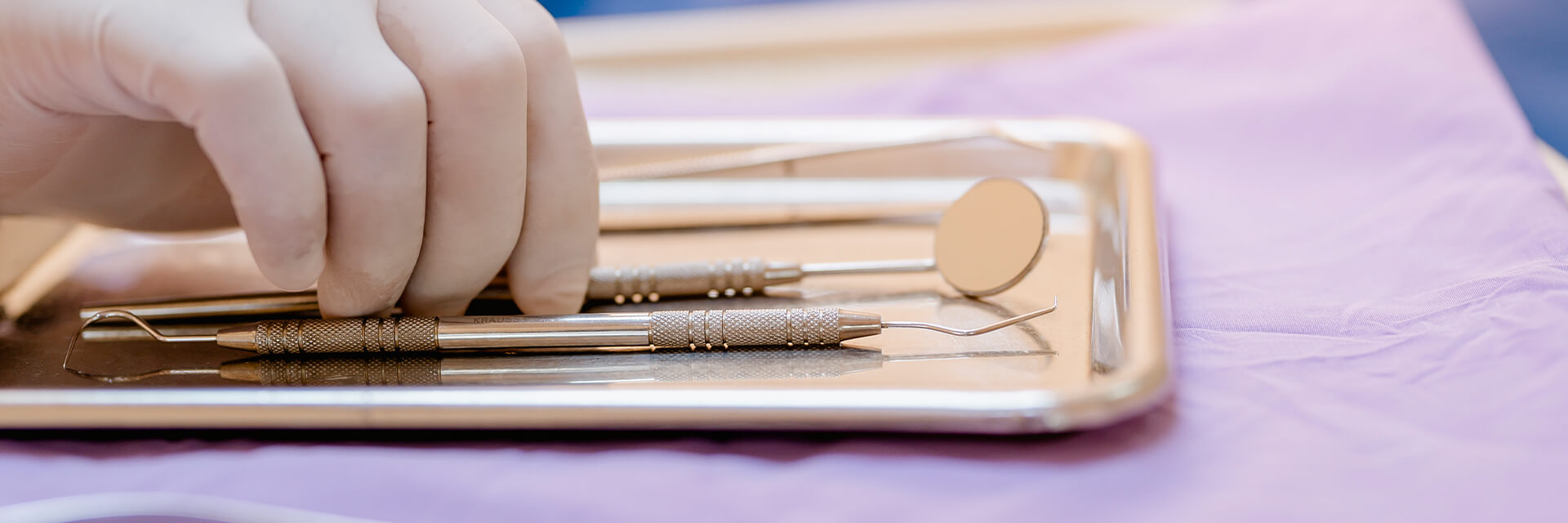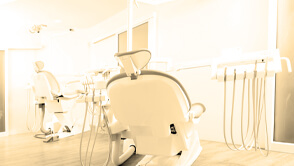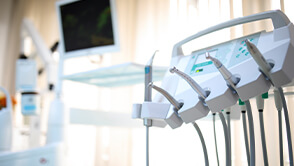
Dentists should look toward alternative methods to generate additional income
- Published
- Apr 12, 2021
- By
- Erick Cutler
- Share
Dentists in private practice are concerned about their future, and with good reason. According to the Research Brief published by the Health Policy Institute of the ADA, the average net income (adjusted for inflation) for general dental practitioners remained the same from 2009 to 2012; for specialists, the net income decreased. The proliferation of corporate dentistry, low reimbursement rates, and fewer patients are making dentists come to the realization that they can no longer operate their practices the way they have in the past. With fewer dollars coming through the door, dentists need to get creative if they want to survive.
Dentists generate income in two ways: through active actions and through passive actions. Active income occurs when billing is a direct result of the dentists’ interaction with the patient - filling a cavity or checking the patient’s mouth after a cleaning. Increasing income through active activities is limited: dentists can raise fees or see more patients in a day, thus spending less time with each patient. With both options, dentists run the risk of angering their patients at best, and losing their patients at worse. Dentists do have the added option of working more days and longer hours, but many consider this the option of last resort.
Passive income is defined as generating income without physical involvement in the process. This option is much less risky because the results do not directly impact the patients. Three of the most common ways dentists generate passive income are: Ancillary services, staff leverage, and cost reduction.
Ancillary income
I an article by Dr. Tony Stefanou, a dentist who was in practice for 20 years, he contends that in order to generate additional income, dentists should sell professional-grade products in their offices. These products can range from electric toothbrushes to bleaching kits. Often time dentists will suggest a plan to improve the patient’s oral health, sending them to the pharmacy or grocery store for the products they need; that is money walking out the door. Stocking and selling the products results in a win-win for both the dentist and patient. It gives the patient the opportunity to purchase high quality products are important to the health of their teeth, and it gives the dentist an additional avenue for generating income without investing time in the process. Dr. Stefanou estimates that $1,000 to $3,000 can be added to the practice each month. In fact, by his calculation, if you sell products to 4 – 5 patients a day, a dentist could generate another $30,000 in revenue a year.
Leverage staff
Dentist may not label it as staff leverage, but every time a hygienist is with a patient, staff leverage is occurring. Multiple hygienists working on multiple patients generate income without the dentist involved in the procedures. This allows the dentist the time to concentrate on performing procedures that come with higher billing rates.
Many dentists only see patients four days a week and maybe every other Saturday. If this is the case, offer the use of your office to another general dentist or specialist on the day(s) you are closed. Regardless of how the arrangement is structured, whether by percentage of fees or “rent,” additional revenue is being generated without ever giving up the day off.
There are additional, less traditional ways to leverage employees. Having them participate in the marketing of the practice could in the long run, result in additional patients. Ask them to represent the practice at health fares, or to plan and participate in discussions on proper dental care, or volunteer their time a charity events that support children’s oral health. This helps dentists build their brand in the community. While these activities are not immediately revenue generators, they may pay-off in the future.
Reduce overhead
Reducing overhead is not an easy task and takes time and effort to determine what type of expenditures could be reduced or eliminated without putting the practice at risk. While this is not an exhaustive list, below are a few areas for consideration:
- Purchasing materials and supplies. If dentists are purchasing from a distributor, it may be time to look into purchasing directly from the companies that cut-out the middle man. Such companies as SourceOne allows dentists to purchase a large variety of products in one order. SourceOne claims that savings can be as high as 30 – 50%.
- Renegotiate reimbursement rates. Spend time reviewing each insurance company’s acceptance rates in relation to the practices' most common procedures and reimbursements. Determine which insurance companies would be most open to changing the terms of the contract. Armed with documented information, dentists have been successful in renegotiating higher rates.
- Payroll. Practices using a third party payroll provider should investigate whether it would be more cost effective to bring payroll in-house. Even when factoring in the added cost of an additional employee and upgraded software, eliminating the payroll company may pay off in the long run.
- Staff. While it is never pleasant laying-off staff, sometimes it is a necessity. Dentists should look closely at the staffing patterns and staff assignments in the practice. Dentists may find that they can continue to operate efficiently by consolidating tasks, streamlining procedures and automating processes.
- Salaries. Dentists should not assume that their staff salaries are in line with those in comparable practices in the same geographical area. Take a look at benchmarking data to get a true picture staff compensation packages. Dentists on the high end of the salary scale could institute a salary freeze or offer smaller raises.
With changes in insurance coverage, the lingering effects of the recession, and stagnating salaries, dentists would be wise to be proactive in addressing their declining income. Thousands of dollars of additional revenue could be realized if dentists are open to embracing alternative ways of doing business.
What's on Your Mind?
Start a conversation with Erick
Receive the latest business insights, analysis, and perspectives from EisnerAmper professionals.







